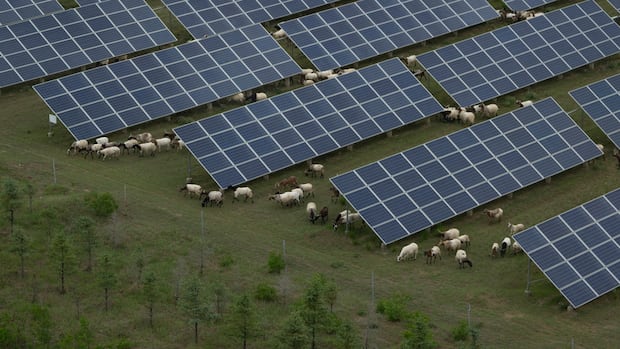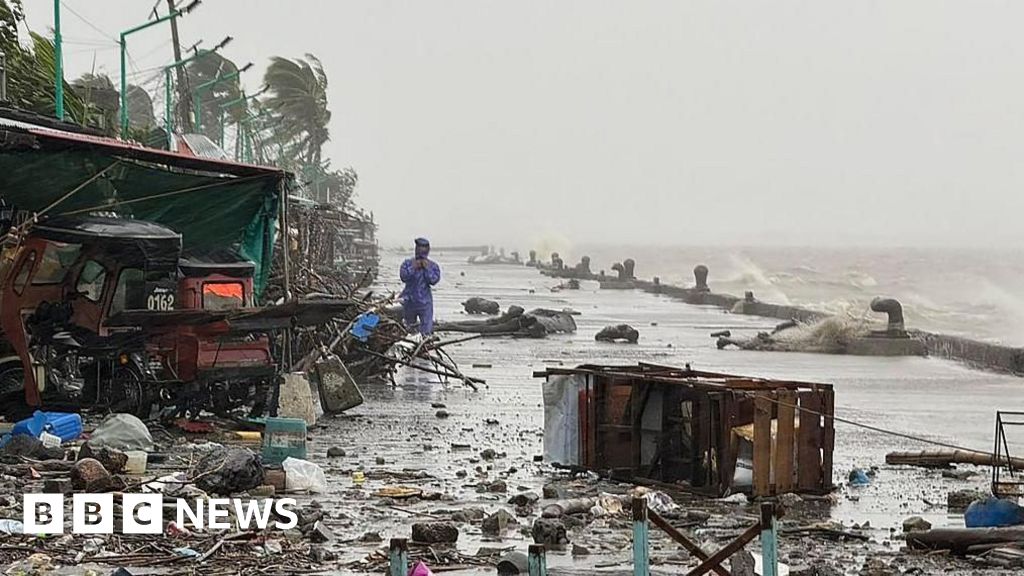China Announces Emissions Target, Sparking Debate at UN Climate Summit
At a United Nations climate summit in New York, China announced its first concrete target to cut emissions, pledging a reduction of 7% to 10% by 2035. This commitment was met with mixed reactions from world leaders and experts, with some praising the step and others deeming it insufficient to meet global climate goals. The announcement comes as nations prepare for major international climate negotiations in Brazil.
China's Commitment and Global Context
President Xi Jinping announced that China, the world's largest carbon emitter, aims to cut emissions by 7% to 10% by 2035. China's current emissions account for over 31% of global carbon dioxide emissions. Xi also pledged to increase wind and solar power sixfold from 2020 levels and promote pollution-free vehicles. The announcement was made during a summit convened by UN Secretary-General António Guterres, focusing on curbing emissions from fossil fuels.
Other nations, including those in Europe, followed with less detailed climate change plans. Ursula von der Leyen, president of the European Commission, indicated that EU member states agreed to emission reduction targets ranging from 66% to 72%.
Reactions and Criticisms
While some viewed China's pledge as a positive step, others expressed disappointment. Jake Schmidt of the Natural Resources Defense Council stated, "these targets will not be enough to keep us safe from climate destruction." Former Colombia President Juan Manuel Santos called China's target "too timid." EU climate commissioner Wopke Hoekstra found the contribution "disappointing" and stated, "it makes reaching the world’s climate goals significantly more challenging."
"China’s latest climate target is too timid given the country’s extraordinary record on clean energy. China must go further and faster." - Former Colombia President Juan Manuel Santos.
Global Perspectives and the Paris Agreement
The summit featured calls for increased urgency in addressing climate change. Leaders such as Marshall Islands President Hilda Heine and Pakistani Prime Minister Muhammad Shehbaz Sharif shared experiences of climate-related disasters impacting their nations. Brazilian President Luiz Inácio Lula da Silva, who will host the upcoming climate conference, emphasized the need for international cooperation.
Under the 2015 Paris climate accord, nations are expected to submit updated five-year plans for curbing carbon emissions. The UN stresses the importance of receiving these plans by the end of the month to assess progress towards limiting global warming to 1.5 degrees Celsius. While the world was previously on track for 4 degrees Celsius of warming, current projections estimate 2.6 degrees Celsius if nations fulfill their promises.
The Path Forward
Despite criticisms, some experts suggest that China has a history of exceeding its climate targets. Simon Stiell, the UN's climate chief, sees the Chinese plan as "a clear signal that the future global economy will run on clean energy." The coming months will be critical as nations prepare for the climate negotiations in Brazil and work towards achieving the goals set forth in the Paris Agreement.
 Visit the website
Visit the website






